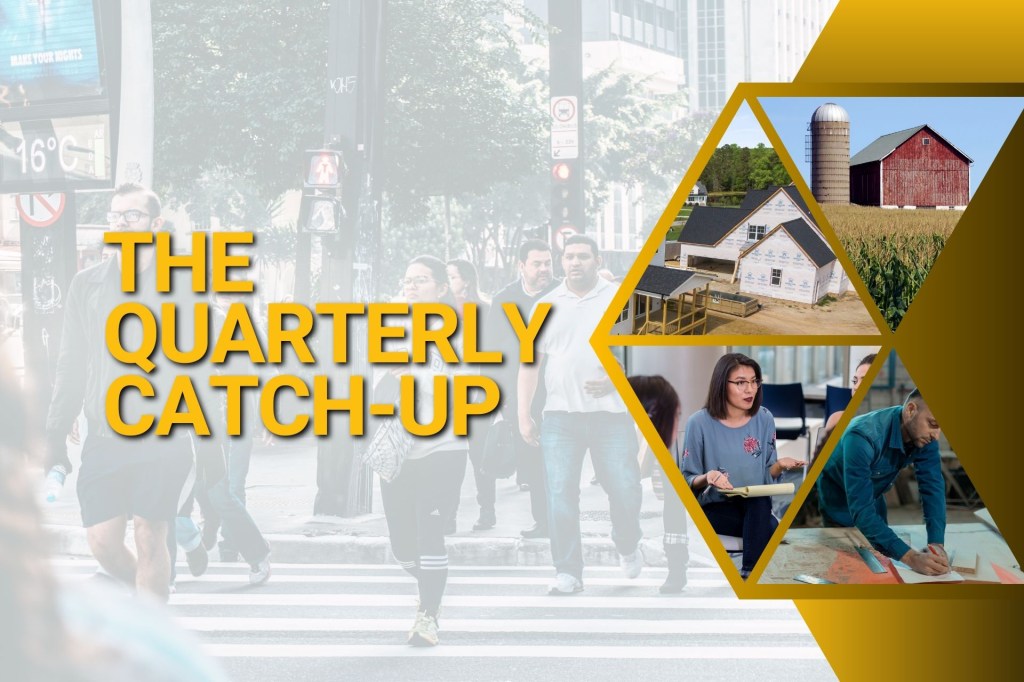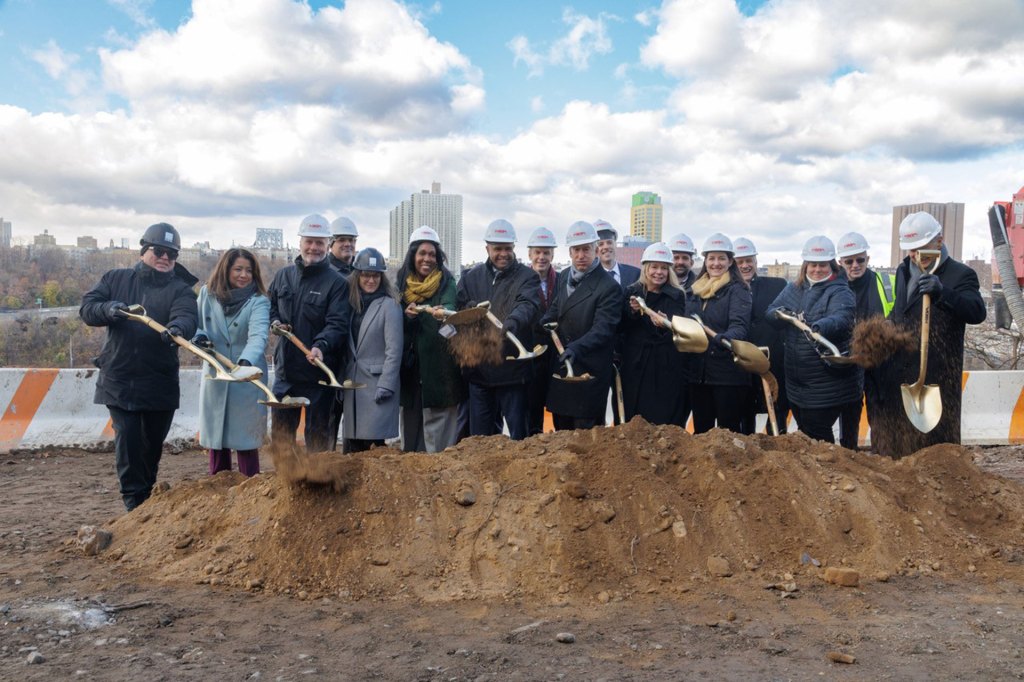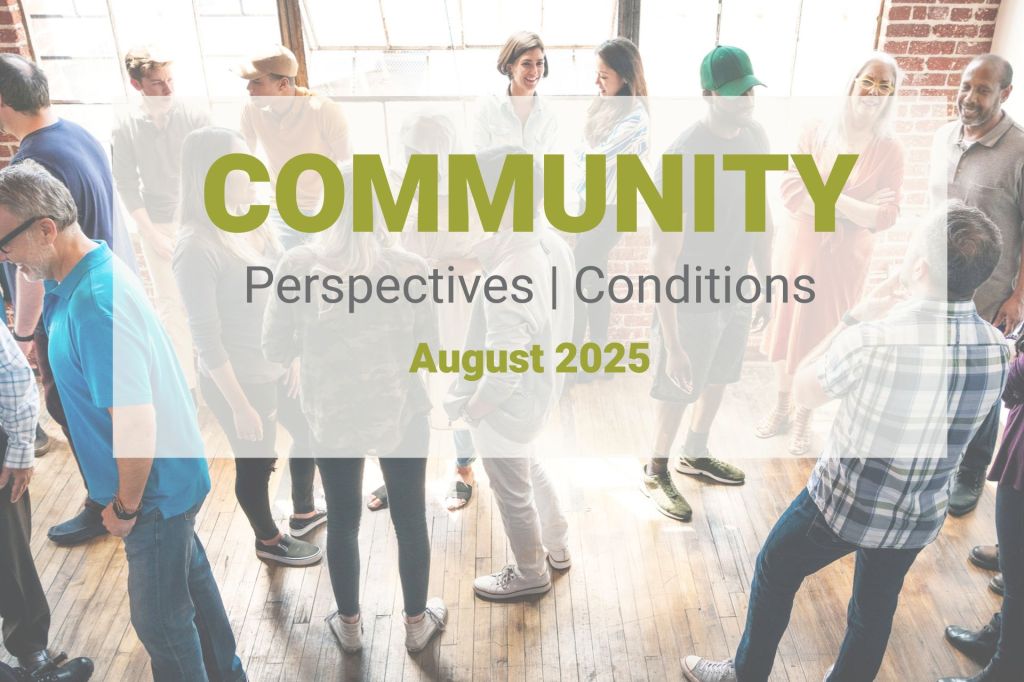Economic Development
-
Native Economic Trends
Native Economic Trends brings together decades of data to visualize socioeconomic change over time—for individual Native places and for Indian Country as a whole. Drawing from publicly available data, this interactive tool enables users to explore patterns in population, infrastructure, and economic measures for Native geographies and communities.
-

Community perspectives and conditions from the Fed’s Beige Book, October
Here’s what nonprofit and community leaders, and workforce professionals serving lower-income people shared with the Federal Reserve for the October 2025 Beige Book.
-

Why community conversations matter in monetary policy
Beth M. Hammack, president and chief executive officer of the Federal Reserve Bank of Cleveland, reflects on her first year as a Fed president and how listening to community stakeholders plays a significant role in the decisions and actions the Fed takes to promote a healthy economy.
-
![[Watch] CDFIs Unpacked: Trends and Takeaways from Mission-Driven Lenders](https://fedcommunities.org/wp-content/uploads/2025/08/Sep-25-2025-CC-1920x1280-1.jpg?w=1024)
[Watch] CDFIs Unpacked: Trends and Takeaways from Mission-Driven Lenders
During this Connecting Communities webinar, Federal Reserve Staff discuss findings from the 2025 Community Development Financial Institution (CDFI) Survey and how they connect with community lenders and financial institutions to better understand economic conditions for consumers, individuals, and businesses. Watch or listen on demand.
-

The Quarterly Catch-up, Q3 2025
Check out the latest community development-related research, analyses, and articles from all 12 Federal Reserve Banks and the Board of Governors. This post captures content published between July 1 and September 30, 2025, on topics affecting communities.
-

Could greater secondary market access help CDFIs meet growing demand?
Demand is up among underserved borrowers for community development financial institutions’ loans. Some industry experts are exploring whether these mission-driven lenders might leverage broader secondary market opportunities to increase available lending capital.
-

Community perspectives and conditions from the Fed’s Beige Book, August 2025
Here’s what nonprofit and community leaders, and workforce professionals serving lower-income people shared with the Federal Reserve for the August 2025 Beige Book.
-
Third Federal Reserve District Community Profiles
The Community Development and Regional Outreach Department has compiled information on each region within the Third Federal Reserve District and has developed a suite of materials that the department calls community profiles. We hope these profiles are useful for banks and other stakeholders in identifying the credit and investment needs of their communities, the funding…
-
Disruptions from Wildfire Smoke: 12th District Data Portal and Regional Snapshots
The tool developed by the San Francisco Fed allows users to investigate wildfire smoke and disadvantaged communities more closely.
-
Native Community Data Profiles
Information about our communities helps us tell our stories. The Native Community Data Profiles tool connects data from a variety of public sources for a place-based look at a range of topics. By helping to paint a holistic picture of Native communities and geographic areas, the tool aims to increase understanding of the rich variation…





